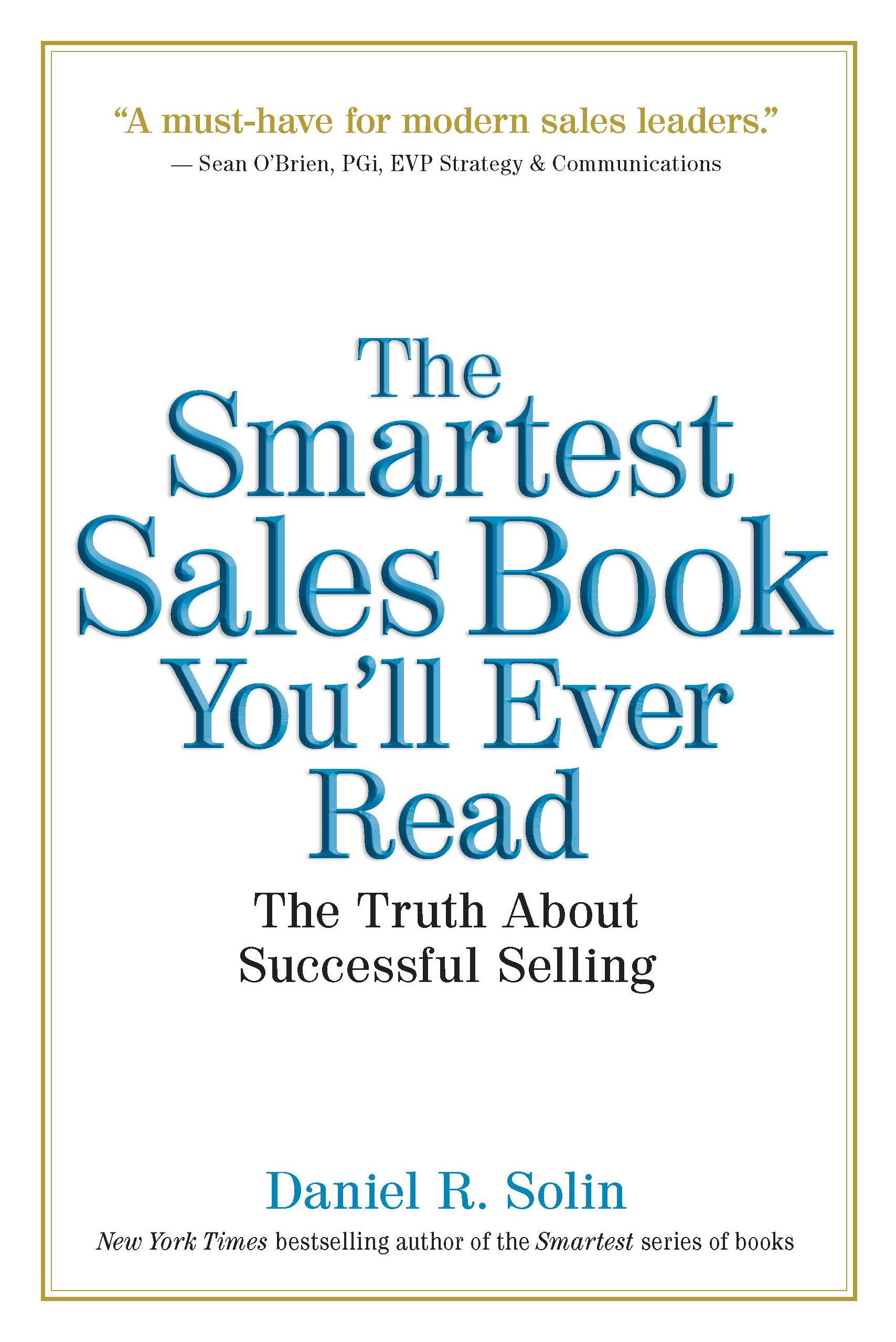
Almost everyone believes a stock market correction is inevitable. The financial media whip up a daily frenzy of anxiety by offering conflicting views from "investment pros" on when this correction will occur. Here are some tips for dealing with the "market correction" issue.
Don't try to time the correction
There is no academic evidence indicating that anyone has the expertise to time the markets. One study looked at the results from 1,557 retail mutual funds to determine whether or not the managers of those funds had market timing ability. The author of the study found no evidence, on average, of any ability to time the market.
If highly paid fund managers, with significant resources, are unable to predict market highs and lows, how do you like your chances?
Timing the market is expensive
I often hear investors talk about "sitting on the sidelines" during a downturn and then buying in when the market "hits bottom." Initially, this strategy assumes an ability to predict market movements, such as when the bottom will actually occur. It also will cause you to incur the cost of selling stocks, as well as the additional costs of purchasing them when you make the decision to return to the market. In the interim, you will lose dividend income and may also suffer tax consequences caused by selling stocks you otherwise would have held.
Don't believe the hype about actively managed funds and bear markets
Here's a quote attributed to V. I. Lenin: "A lie told often enough becomes the truth."
Many believe actively managed funds are better protection in a bear market than index funds. The basis for this belief is understandable. Active fund managers have the flexibility to time the markets by selling stocks and purchasing short-term bonds when they believe the markets are about to tank. Index funds are required to track their benchmark index and lack this flexibility.
An analysis by Vanguard Investment Counseling and Research debunks this myth. It found that a majority of active managers outperformed the market in only three of six U.S. bear markets and two of five European bear markets. The author of the study concluded that actively managed funds have been "inconsistent" in bear markets, notwithstanding the opportunity to add value.
Even if you decided to ignore this data, how would you go about prospectively selecting an actively managed fund that is likely to "beat the market" in the next downturn? Would it be by picking one that had a record of doing so in the past? Well, the same Vanguard study found that success in one bear market doesn't guarantee success in subsequent bear markets. In fact, the author concludes that success in one or two bear markets "might have a stronger link to simple luck than skill."
A better way
Try to imagine the scenario where the market tanks and your portfolio has an unrealized loss ranging from 10 percent to 50 percent of its value, depending on your exposure to stocks. Would you have the discipline to stay the course and await the likely recovery, or would you panic and sell into a down market?
If you don't think you have the stomach to withstand a serious market correction, this is the time to revisit your financial plan. The markets reward investors who choose the right asset allocation, based upon their investment objectives and tolerance for risk, and then stick to their plan without being swayed by short-term fluctuations. This is the intelligent and responsible way to prepare for a market correction.
 Dan Solin is the director of investor advocacy for the BAM ALLIANCE and a wealth advisor with Buckingham. He is a New York Times best-selling author of the Smartest series of books. His latest book is The Smartest Sales Book You'll Ever Read.
Dan Solin is the director of investor advocacy for the BAM ALLIANCE and a wealth advisor with Buckingham. He is a New York Times best-selling author of the Smartest series of books. His latest book is The Smartest Sales Book You'll Ever Read.
The views of the author are his alone and may not represent the views of his affiliated firms. Any data, information and content on this blog is for information purposes only and should not be construed as an offer of advisory services.

